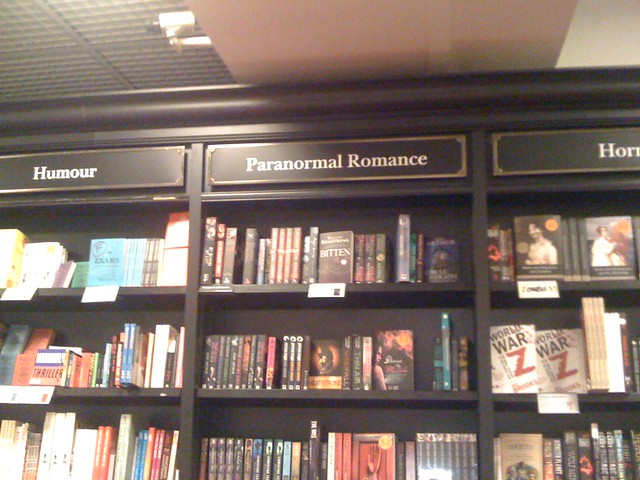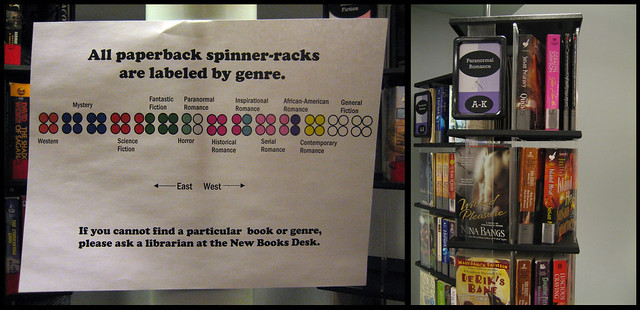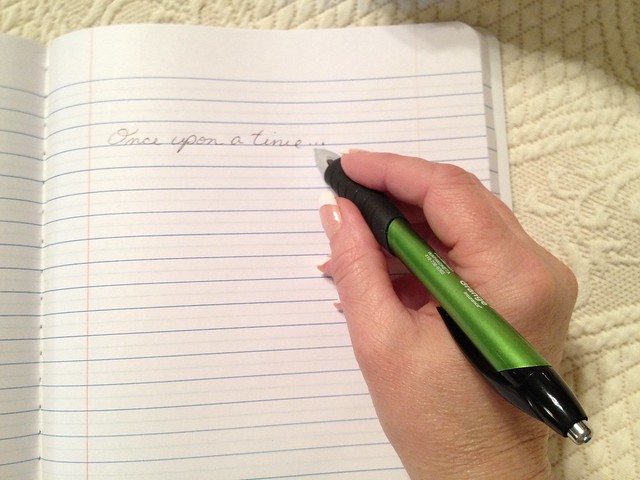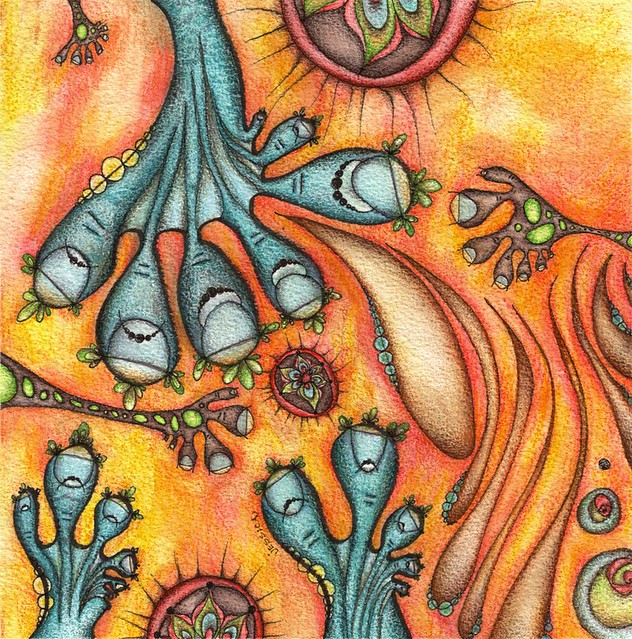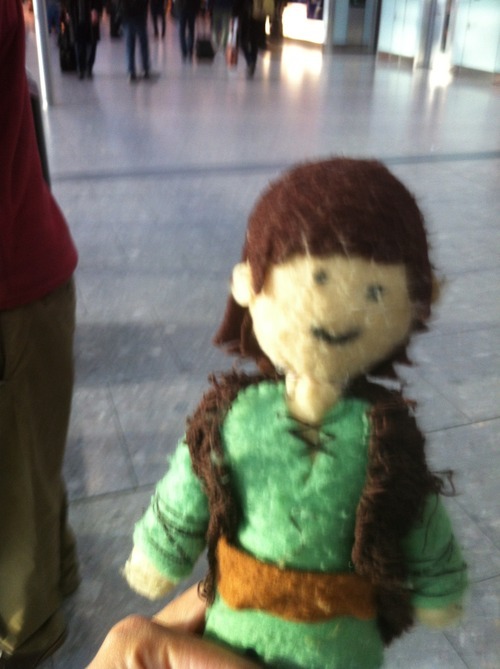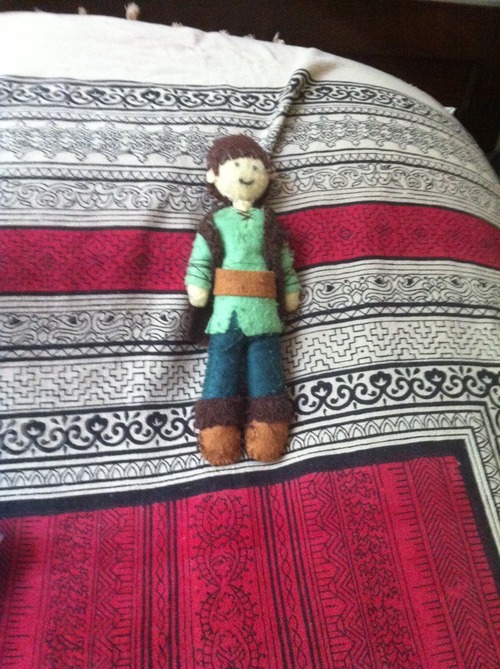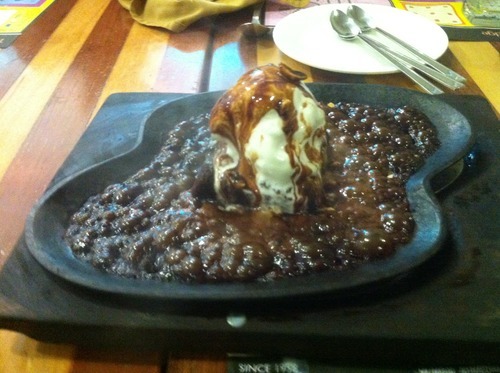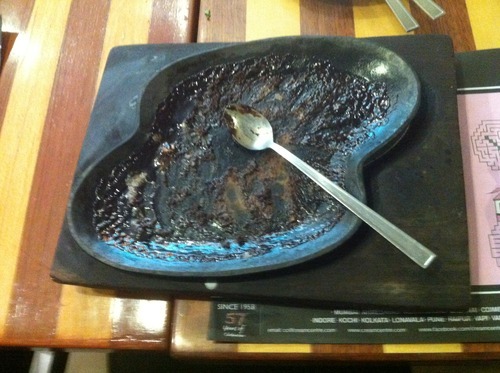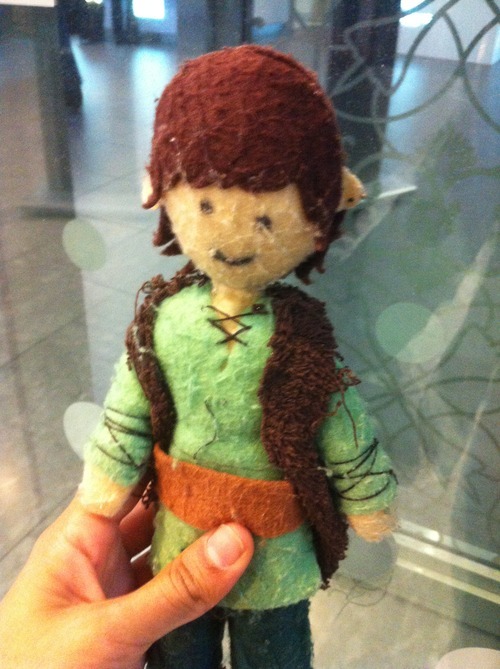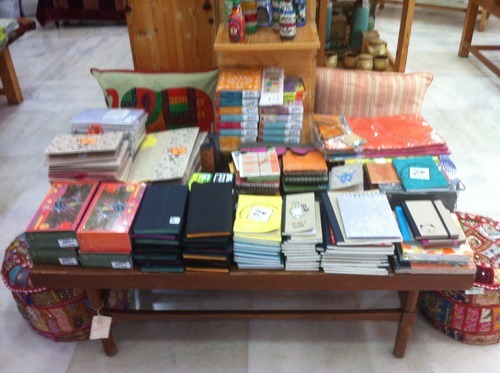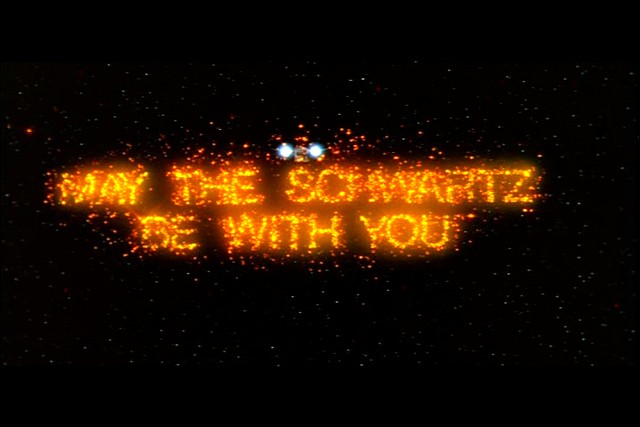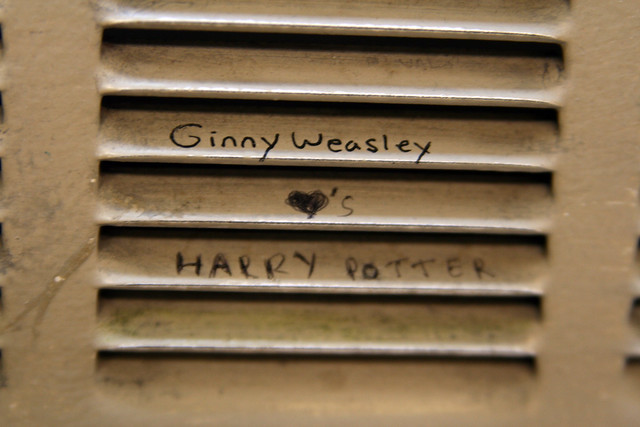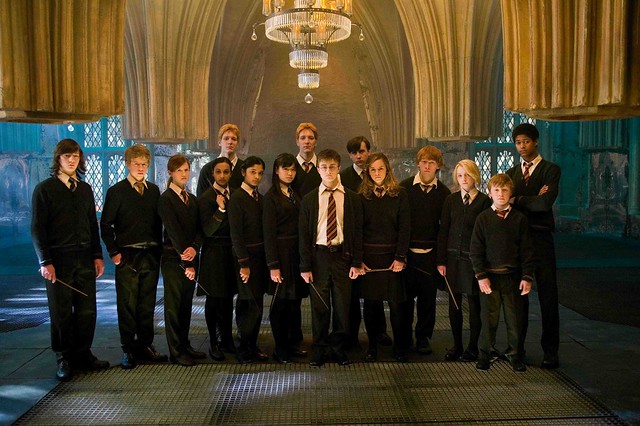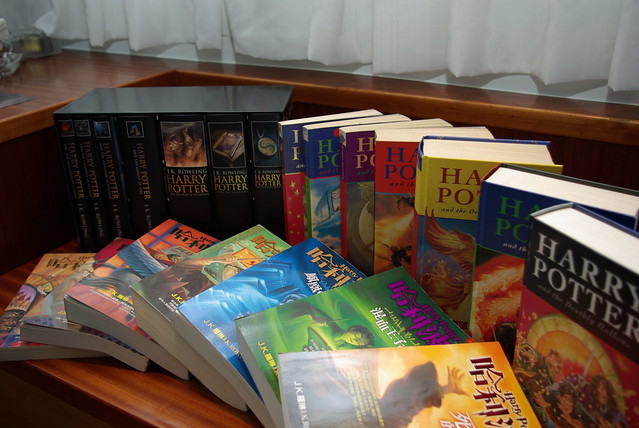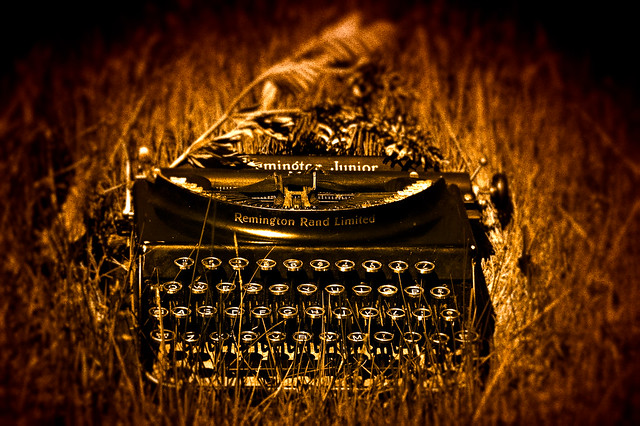Image source: https://farm1.staticflickr.com/118/301009221_228f06b50a_z_d.jpg
During the first weekend of January, I was going through my bookshelf to finish library books before the start of school, and to read one hundred books this year. I noticed that I had two paranormal romances that I had not picked up, Starcrossed and Beautiful Creatures. Beautiful Creatures is a novel that my friend Cory likes, and it was popular enough to become a feature film.
During the first weekend of January, I was going through my bookshelf to finish library books before the start of school, and to read one hundred books this year. I noticed that I had two paranormal romances that I had not picked up, Starcrossed and Beautiful Creatures. Beautiful Creatures is a novel that my friend Cory likes, and it was popular enough to become a feature film.
Starcrossed is about the descendants of ancient Greek families finding out that they’re mortal enemies, and that they cannot get together for fear of starting a war. The book went on an emotional roller coaster of “I want to be together, we can’t stay together, if we stay together it’s going to cause a war, wait suddenly new characters arrive and want to be dangerous, no we actually have bigger problems” for about two hundred pages. The suspense kept riding up and down, and at the end of it the sequel hook made me feel a little dizzy.
Image source: https://farm9.staticflickr.com/8247/8455179348_0a17f2d4b8_z_d.jpg
Beautiful Creatures involves even more “opposites attract but can possibly lead to death” love, this time in the Deep South. I might have tolerated the snarky tones, the bullying towards the female love interest, if it weren’t for one teensy fact: the narrator, who dreamed about escaping his home town and the ignorance there, puts all his dreams of college aside and never talks about it for the rest of the series. My biases towards the Deep South and to people who believe in the Civil war’s glory didn’t assist with my enjoyment, and neither did the absence of people of color in the story that would suffer from such an environment. I admit that I am biased about places I’ve never been which have a profile of people not treating minorities well, but my biases are based on general American history and proven facts. A twenty-first century book about such a place that ignores the facts, especially in the light of Mike Brown and Tamir Rice and other victims of violent racism, does not earn my good graces.
I don't have grudges or prejudices against the paranormal romance genre, since it's merely a construct of "magic and romance dominating the plot" for the most part, and some of my favorite YA novels like the Abandon trilogy and Sunshine handle both elements with finesse. After reading both novels, however, and especially knowing that Twilight started the trend towards paranormal romance, a prejudice against paranormal romance is threatening to rise. This is a problem because if I ever want to write the genre, I’d want to write it with sincere effort.
Image source: https://farm5.staticflickr.com/4010/4236219145_8533299059_z_d.jpg
Image source: https://farm5.staticflickr.com/4010/4236219145_8533299059_z_d.jpg
Starcrossed and Beautiful Creatures suffer the fundamental problem that I’m finding in most paranormal romance: previously established “smart” characters make stupid decisions over an obsession for another person, guy or girl. Even worse, the stories justify these decisions as “right” despite the illogical approach that the narrators take. I actually applaud novels like Afterworlds by Scott Westerfeld where when the narrator makes a stupid decision, like paying $3500 a month in rent for a year, it haunts her in the end.
The problem is that in romance stories, the conflict involves getting the leads together, and what keeps them apart. Poorly written paranormal romance makes the conflict highly exaggerated or blown beyond proportion in the face of greater evils, and with obsessions. People can be rational about love, thus when you show rational characters behaving irrationally for pages on end it frustrates the intellectual reader and promises only a world where obsession is the norm. The same applies not just to boy meets girl relationships, but also to non-hetero-normative ones.
Image source: https://farm1.staticflickr.com/217/447998635_b25d434a9b_z_d.jpg
Image source: https://farm1.staticflickr.com/217/447998635_b25d434a9b_z_d.jpg
Which paranormal romances handle these conflicts well and plausibly then? Quite a number, to be honest. The first one that comes to mind is, as mentioned before, the Abandon trilogy by Meg Cabot: that features a relationship between seventeen-year old Pierce Oliviera and Underworld ruler John Hayden. Due to a near-death experience Pierce has encountered John in the Underworld and at fifteen thought she was too young to die and settle down with a guy forever; this is a plausible road block, as is an older Pierce finding herself in dangerous situations due to the necklace that John gives her. She spends half the trilogy trying to figure out how to get rid of the Furies that are plaguing her, her friends and John, and the other half deciding if such a relationship could work. In other words, she never lets her growing feelings for him get in the way of taking practical measures to handle an ongoing conflict, though at times she does admit that she cares for him a lot. Meg has also written satirical paranormal novels about mediators falling for ghosts and soap opera writers expressing strong dislike for vampires, so she knows what types of conflict to avoid.
Team Human by Justine Larbalestier and Sarah Rees Brennan also makes the paranormal material work by satirizing the Twilight mythos with vampires and showing a believable world involving such creations. In that novel the protagonist Mel tries to stop her friend Cathy from turning into a vampire to stay with the new exchange student Francis. Mel in the meantime develops feelings for Kit, a human raised by a vampire family, who lacks certain social skills and is matter-of-fact about how terrible normal people can be. Both sides bring up points about whether or not becoming a vampire is a bad thing, and eventually Mel and Kit resolve their differences by working together and learning to see the other's perspective, before they engage in any sort of relationship. In other words, they behave rationally and communicate about their desires and needs.
Image source: https://farm7.staticflickr.com/6216/6381696375_33619885d8_z_d.jpg
As for myself, I haven't written a paranormal romance yet, but I wrote about romance and fantasy. In my webcomic A La Mode before it went on hiatus, I had a relationship develop between two characters over time, based on their interactions. Lamode, the nineteen-year old main character, takes her time to express feelings for a local medical student, and before the hiatus they became an official couple. Their obstacles mainly stem from having two different backgrounds and going on a disastrous first date as a result: the boy B.B. is a twenty-one year old rebellious medical student that takes her out to a horror film, and Lamode is a reluctant witch from a conservative atmosphere, unused to jump scares and suspense. When I was writing the comic I was letting their personalities bounce off each other as they communicated their needs and worked through that disaster; their different backgrounds will still be an obstacle when I resume, but they’re working through it without the high-stakes drama in typical paranormal romance. In addition they're both too busy with their jobs-- medicine and baking-- to become obsessed with each other.
Here is what works in paranormal romance: legitimate road blocks that are not necessarily dramatic, three-dimensional characters, and communication between said characters. Don't go for the star-crossed love that predated every novel ages ago with Romeo and Juliet and every mythos in the Western Hemisphere. See what a little bit of mundane conflict can do in a fantastic world.
Image source: https://farm8.staticflickr.com/7137/7791363520_23eac29801_z_d.jpg


